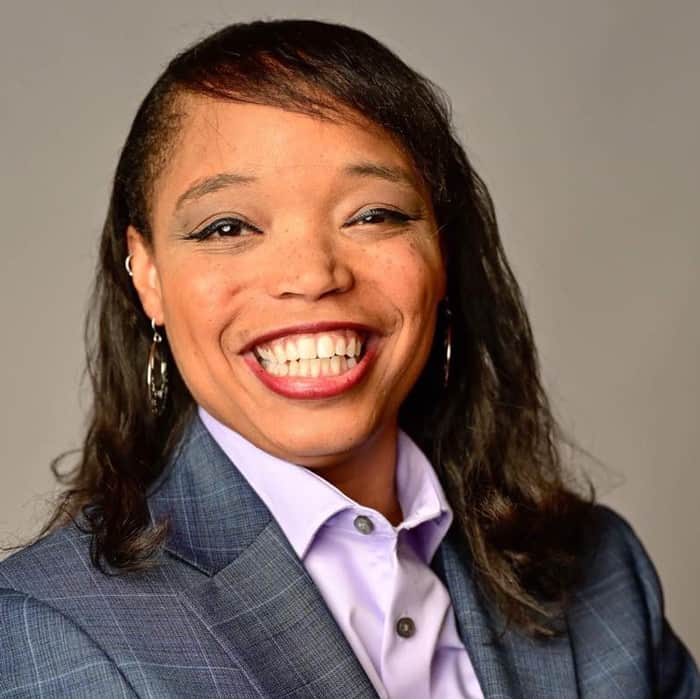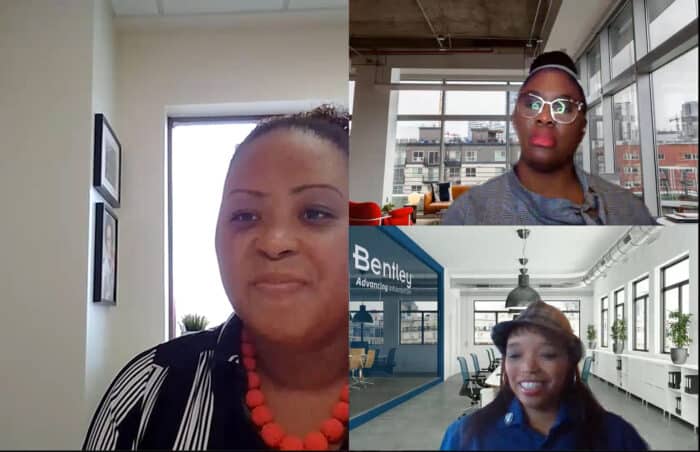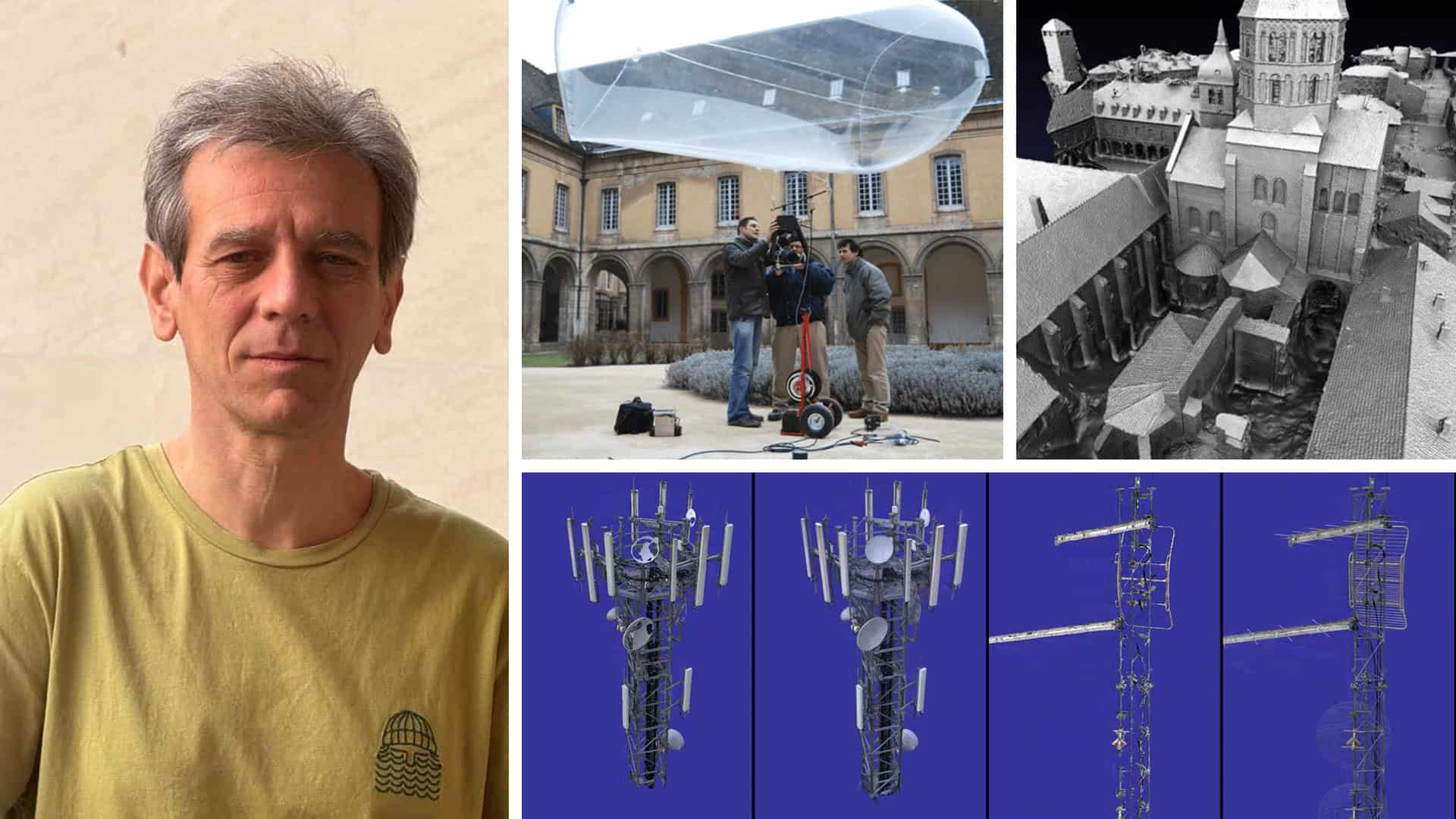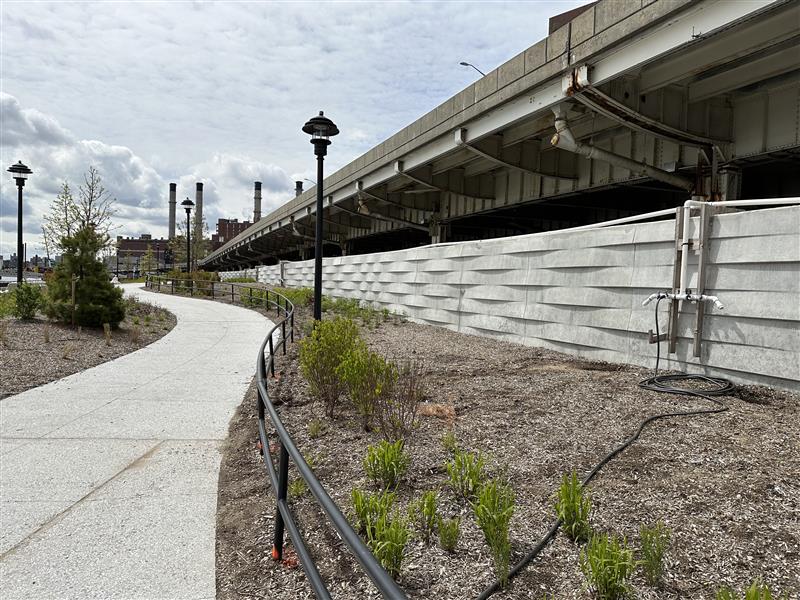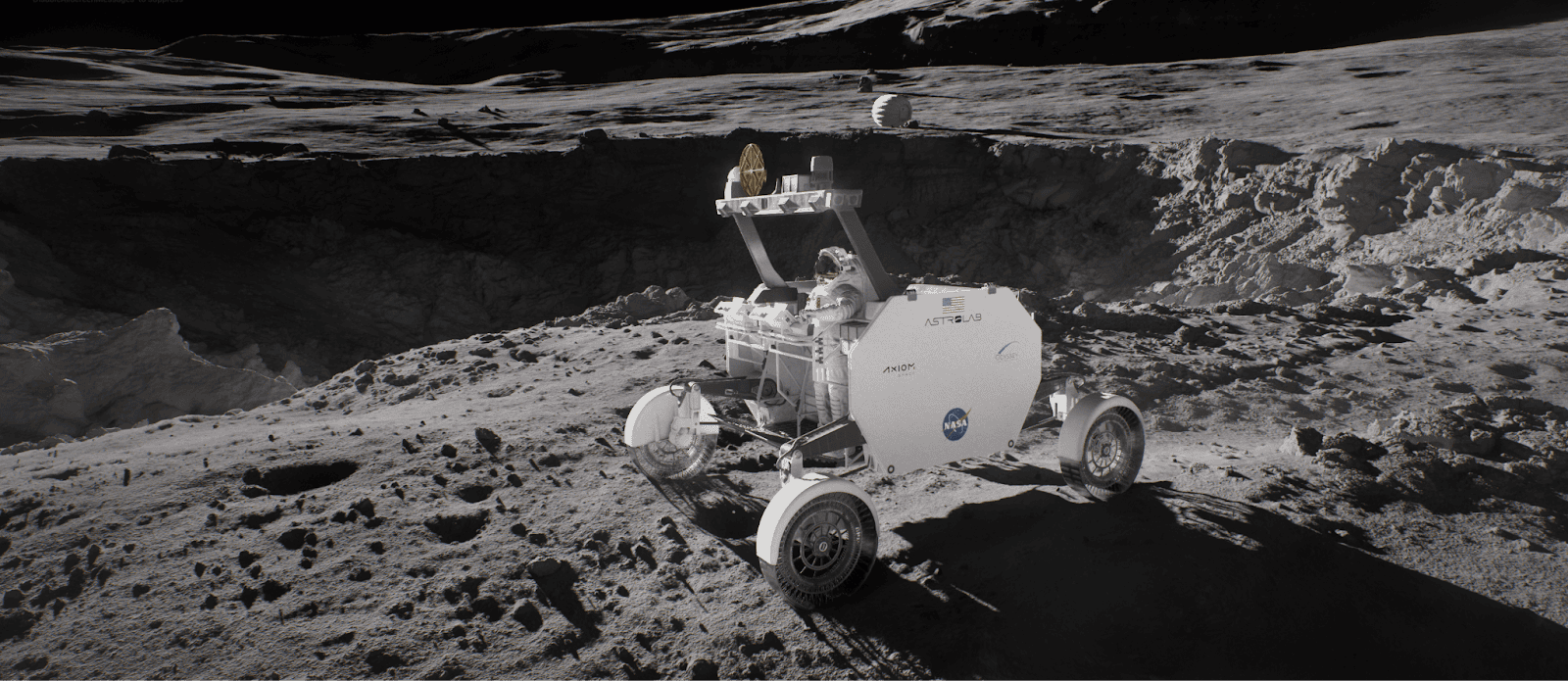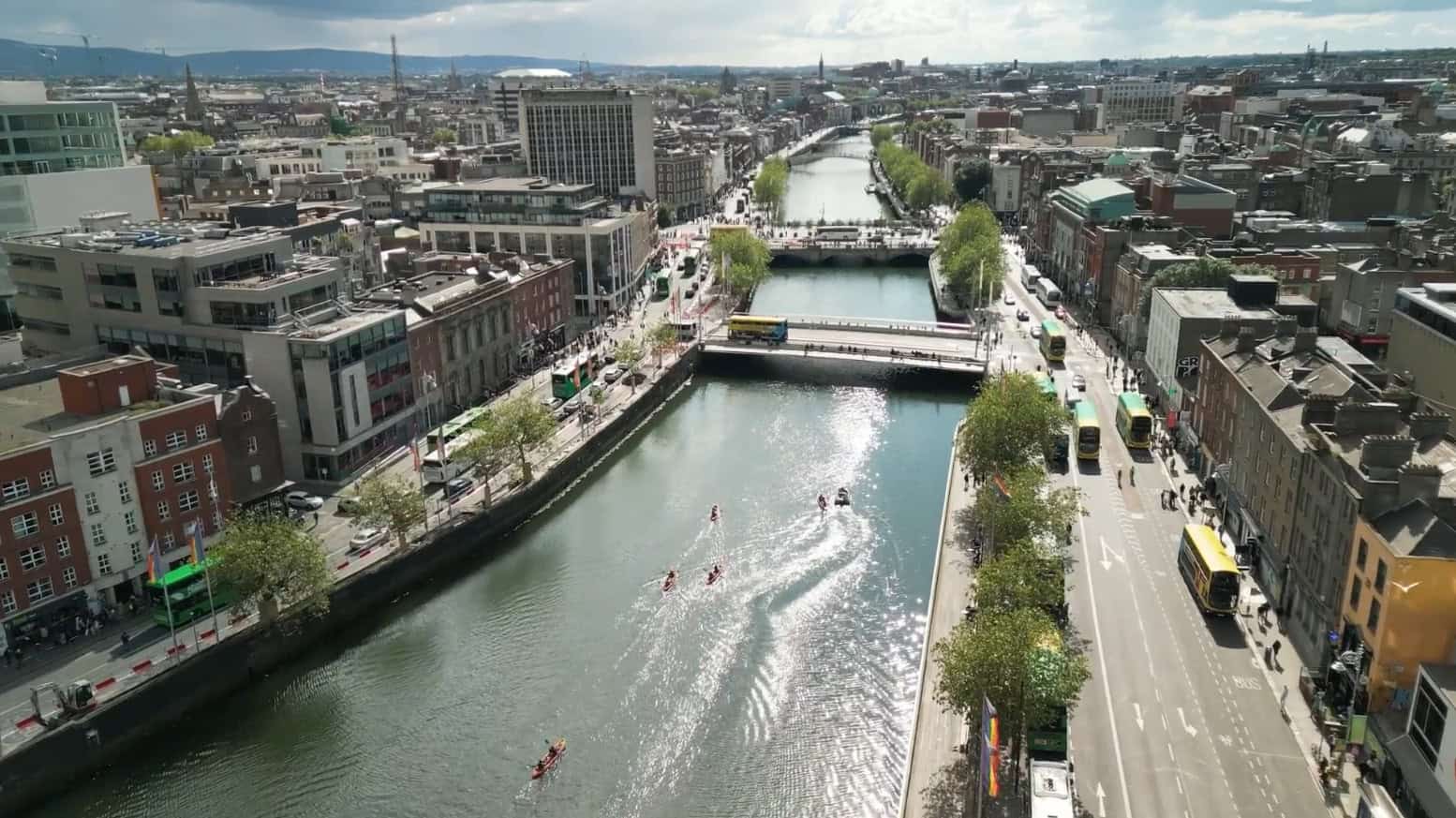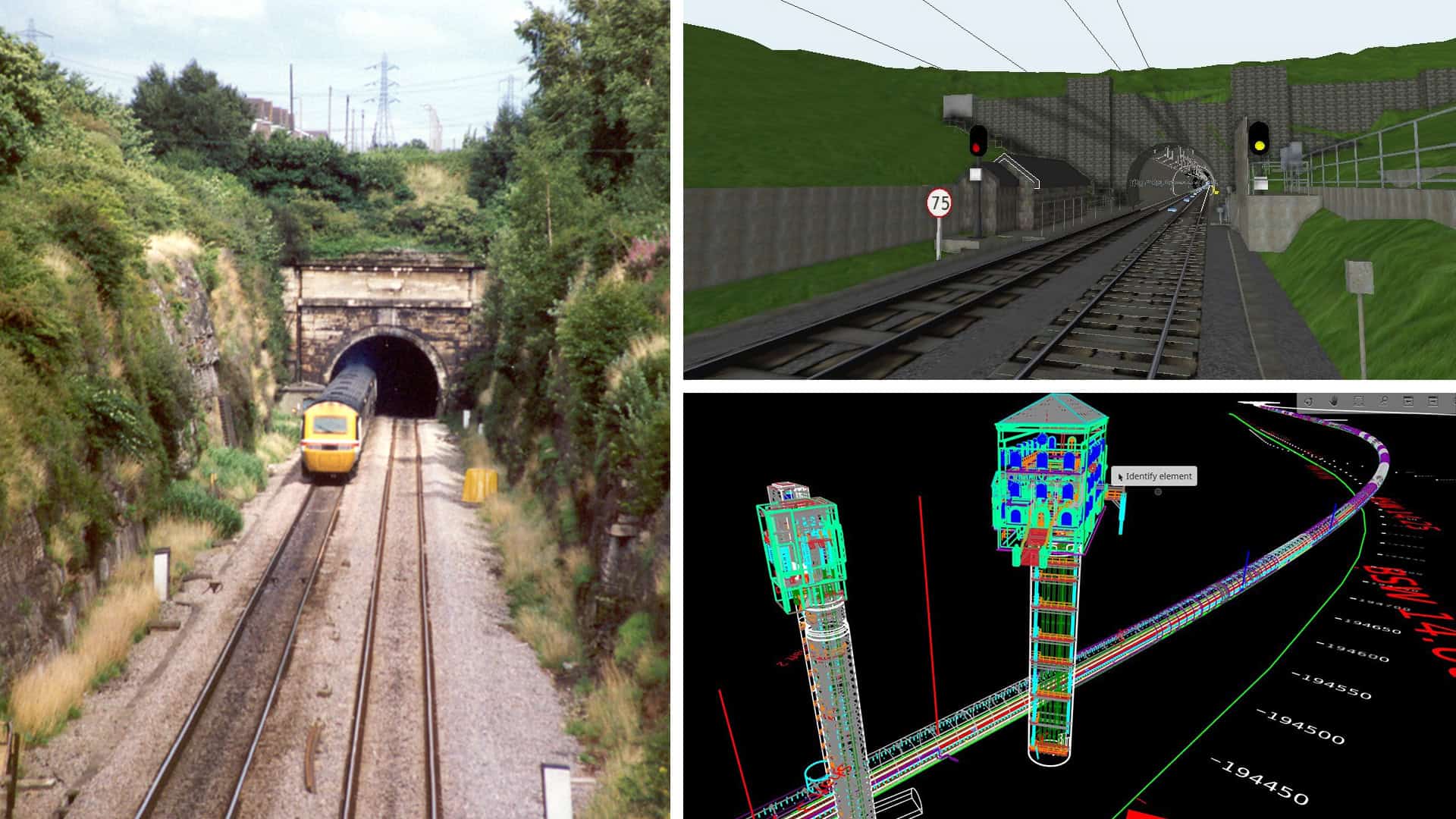“I want the face of transportation, leadership and its workforce, to reflect the communities we serve, and we want equity, diversity, and inclusion to become more than buzzwords,” said April Rai, president and CEO of COMTO.
Understanding the importance of access to education and opportunities for people from diverse backgrounds, through the Conference of Minority Transportation Officials (COMTO), Rai hopes to inspire and works to promote equity in the transportation sector.
Established in 1971, COMTO’s mission is to ensure opportunities and participation in the transportation industry for all underutilized and underrepresented groups including veterans, people with disabilities, varying ethnicities, gender, age, ability, orientation, and lived experience. As a non-partisan organization, COMTO aims to meet its goals through leadership training, professional development, political advocacy and collaborations with like-minded organizations in the transportation and infrastructure sector.
Addressing Inequalities in Infrastructure and the Transportation Sector
COMTO’s mission embodies a win-win-win scenario. In addition to helping to provide opportunities to underutilized and underrepresented groups, COMTO’s work partnering with organizations to develop their workforce benefits the bottom line. Inclusive organizations are 1.7 times more likely to be innovation leaders, and sales revenue have been shown to increase by 15-fold when there is high racial diversity. Studies also find that inclusive teams make better decisions, and three out of four job seekers are looking at the diversity of an organization when they consider working for them. These are among the many statistics that support diversity and inclusion as a business model.
The third group of stakeholders that benefit from this model is the broader public. Inequity in transportation infrastructure plays a major role in the daily lives of American households, with 19 million people living in food deserts and 2.1 million households without access to a vehicle. Rural counties represent 87% of the most food-insecure areas, and vehicle ownership by marginalized groups is significantly lower than other groups. During the pandemic, those in rural areas were limited in their ability to access resources, such as food and medical attention, creating a gap between those that had accessible means of transportation and those that did not. Building a more inclusive transportation workforce helps to bring people who have experienced the reality of these inequities into decision-making roles that can help to effectively address these challenges.
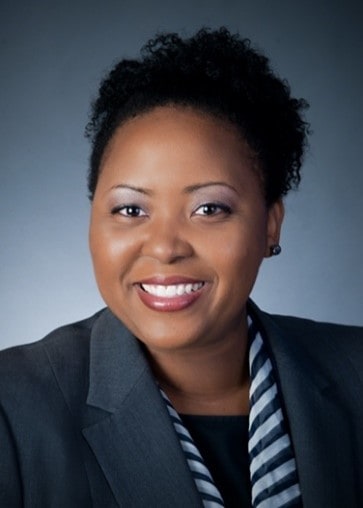 April Rai, President & CEO of COMTO
April Rai, President & CEO of COMTOBentley is partnering with COMTO to broaden the scope of our diversity and equity efforts in infrastructure. We’ve taken intentional steps to ensure that not only is there a consistent culture of inclusion at Bentley, but that we are playing a role in helping to address key issues that affect our users and the communities that they serve.
The Interview
Recently we invited Rai to be the keynote speaker for Bentley’s Black History Month event. Volaree Rendon, Director of Solutions for Civil Engineering, served as the event moderator to help inform Bentley colleges and users about COMTO’s fantastic work and our partnership. During the discussion, Rai shared her experiences and work as an example of why diversity is important and shared advice to both colleagues and users on how organizations can unlock the hidden force that is a diverse workplace.
(Discussion has been edited for length and clarity.)
Volaree Rendon: Tell us about COMTO.
April Rai: Really, the focus of COMTO is simple. We want the face of transportation, leadership and its workforce to reflect the community served, and we want equity, diversity and inclusion to become more than just buzzwords. COMTO serves as a conduit helping the industry bring their “E”, “D” and “I” goals to life, encourage students to pursue all of the opportunities in science, technology, engineering, math, policy, and every other transportation-related discipline. And then, help the professionals already a part of this amazing industry to stay in the industry and advance to leadership positions.
And I just want to note something really important. The word minority, in conference of minority transportation officials… Sometimes there’s this idea that minority means black. But actually the word ‘minority’ in the Conference of Minority Transportation Officials, really includes all underutilized and underrepresented groups. That means ethnicities, gender, age, ability, orientation and diversity, and lived experience. All of that is really what the word ‘minority’ means in COMTO.
Volaree: What do you think organizations are getting right regarding striving for equity in transportation and infrastructure?
April: I think the first step, is for organizations and agencies to recognize that there’s an issue. That’s the first step. And the second thing is many organizations and agencies are committing real resources to address those issues, not only internally, like their culture, but externally how they do business, and how they interact with the community.
And then you know the best of the elite organizations, shameless plug for Bentley, by the way, who is a new corporate partner of COMTO. Perfect example. Have leadership-led support for creating a culture of equity in their organization.
And COMTO is here to help those companies that are sincere in their desire to create a culture of equity. We help them bring those goals to life. Our 52 years of experience and proven strategies to strengthen the transportation workforce is bringing benefits to the sector, and infrastructure at large.
And then for those who need convincing, we hit them with data. We make the business case for diverse project and management teams. We know diverse project and management teams consistently outperform and exceed financial goals because of the unique perspectives at the table that are driving innovation.
There is a lot of work to do still, but we are absolutely moving in the right direction.
Volaree: What would you say to an organization that wants to do something about DE&I but is concerned about the perception of those actions being performative?
April: The best course of action is to first, listen.
Give folks the space to talk to you about what they see, and that’s really going to help to inform your decision-making. Don’t just start making decisions, creating groups, doing things without talking to everyone about what they feel like the issues are. And that includes persons from underrepresented populations within your organization and those who are not.
If you find that you ask and no one responds because people get scared. Get a partner to ask. That’s what COMTO is here for. We will ask for you. Get somebody to ask for you so people feel safe.
And then use that information to inform your decisions so that it’s smart and thoughtful.
Volaree: Let’s talk about Bentley’s technology solutions and providing communities with the tools they need to plan in a more equitable way. What role does technology play in creating more equitable infrastructure?
April: The term “fourth industrial revolution” was coined by Klaus Schwab, founder of the World Economic Forum. Industrial revolutions are marked by significant changes in technology, manufacturing, construction, and design that transform the way we live, work, and play. For example, the first industrial revolution saw the shift from horse-drawn carriages to steam engines powered by coal. The second industrial revolution was characterized by advancements in gas, oil, and steel production. The third industrial revolution was defined by electronics and nuclear energy, while the current fourth industrial revolution is characterized by the internet, renewable energy, robotics, and virtual reality, among other technologies.
It’s these ‘Industry 4.0’ innovations that allow for a more holistic approach to infrastructure planning and design, which can better account for population growth, shifts, and needs. Engineers responsible for planning, designing, and constructing transportation infrastructure rely on technology to make informed decisions backed by data, ensuring that transportation is safe, accessible, and equitable for all.
To fully realize the benefits of these technological advancements, it is essential to showcase their capabilities and to train both the new and existing workforce in their use. By doing so, we can avoid being left behind and ensure that everyone benefits from the technological impacts on our communities.
Volaree: What is one of the biggest challenges, or maybe there are several with regard to striving for equity in the transportation and infrastructure sector?
April: I think the biggest challenge involves looking at all of the different types of mobility options people can utilize to get from one place to the other and finding synergies between people who walk, bike, use micro-mobility, drive, and take public transportation. We need to find a way to bring these things together with new designs.
Current infrastructure is very car heavy. It was focused on a vehicle. The world is changing. The pandemic taught us a lot. People are changing how they work, where they work, the hours they work, how they get around when they do. Finding ways to integrate the design of infrastructure to accommodate everyone and how everyone chooses to get around is one of the biggest challenges. That’s where technology is essential.
Voloree: Let’s close with a more personal question. What advice would you give to your younger self?
April: I think I would tell myself that the things that make me unique, like my story, my lived experience, those are going to be the things that are so valuable in the conference rooms and the screens that you see yourself sitting around when you get older.
It’s that diversity and perspective that is valued at a premium in business. We need those diverse experiences and perspectives to make systems and products and services equitable for everyone.
So, for everyone, but especially our students in emerging leaders, transportation and corporate America, we need you. You’re a hot commodity. Impostor syndrome has no place in your brain because you belong at the table, regardless of your background.
WATCH: Volaree’s entire conversation with April
=============================================
Bentley is doing the work to meet our goals of creating a sustainable diverse workforce and becoming a vocal leader in support of environmental justice. Through our diversity group, IDEA (Inclusion, Diversity and Equity Alliance) we are empowering Bentley colleagues to bring their ideas, and innovations to the workplace. Internally, as colleagues continue to become more engaged, we have continued to grow, adding to our four employee resource groups (ERGs) with the formation of Veterans at Bentley to encourage and support the unique needs of our veterans. We have also launched IDEA India to incorporate programming specific to the goals of our India colleagues, with plans to form additional Bentley IDEA groups to address the specific needs of all of our global colleagues.
